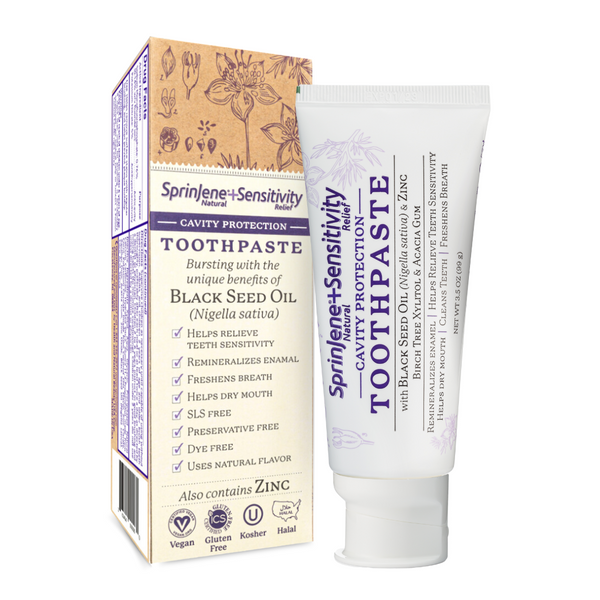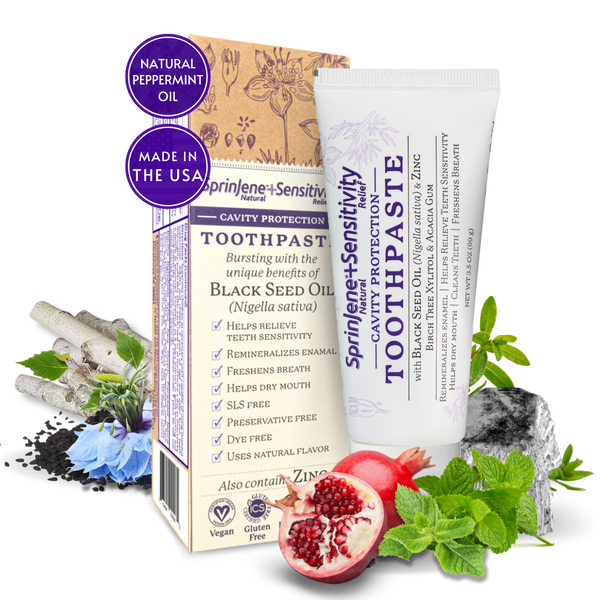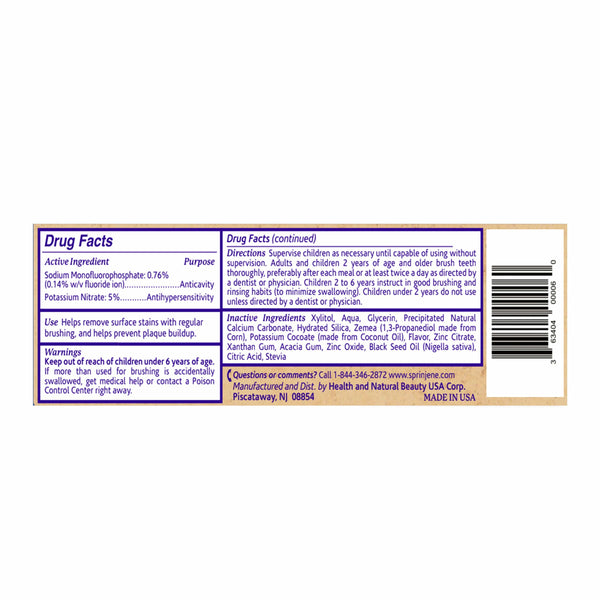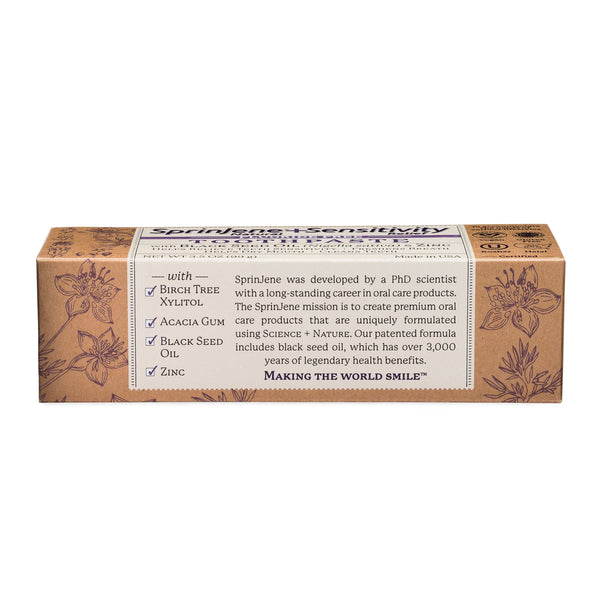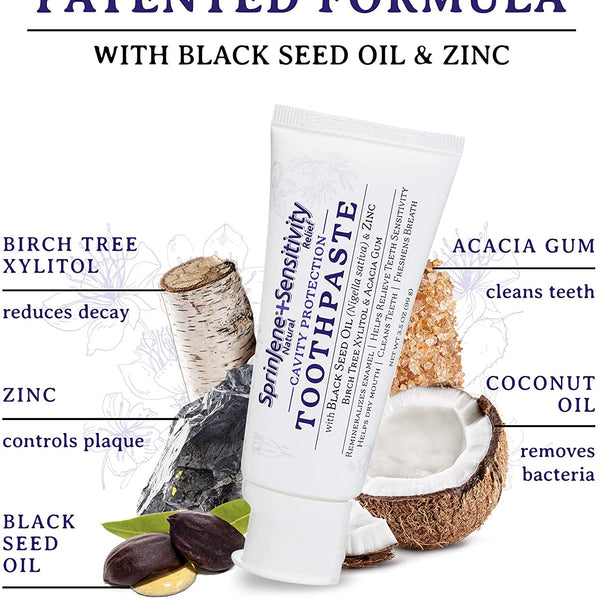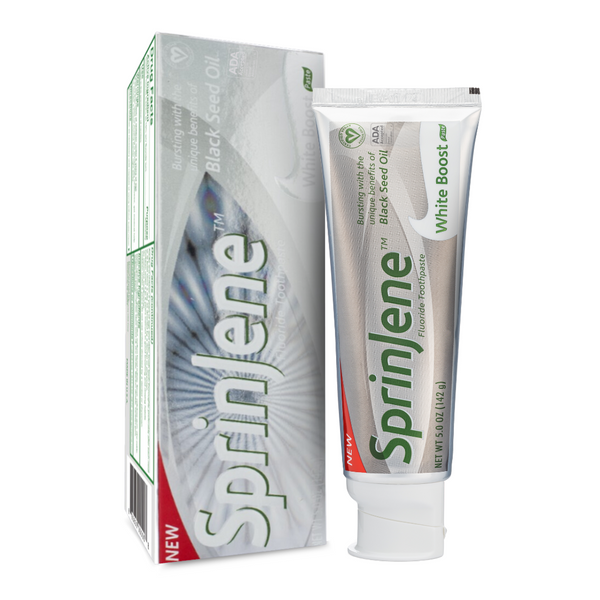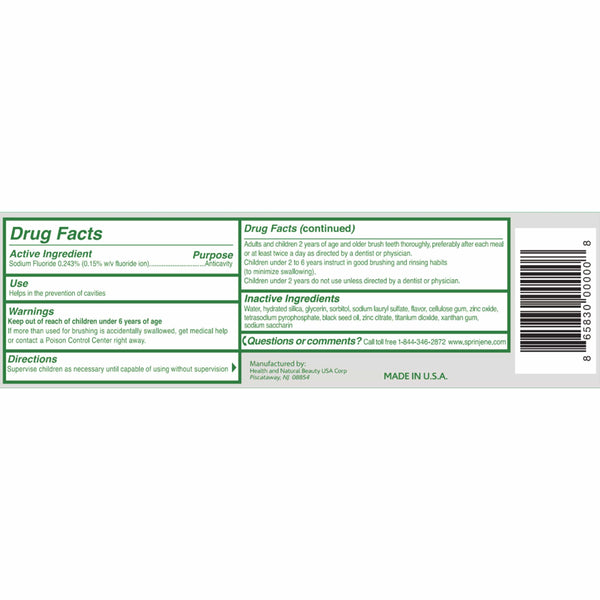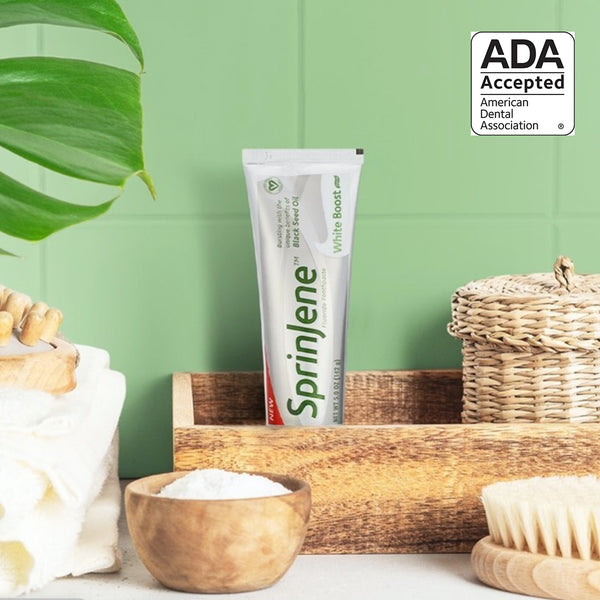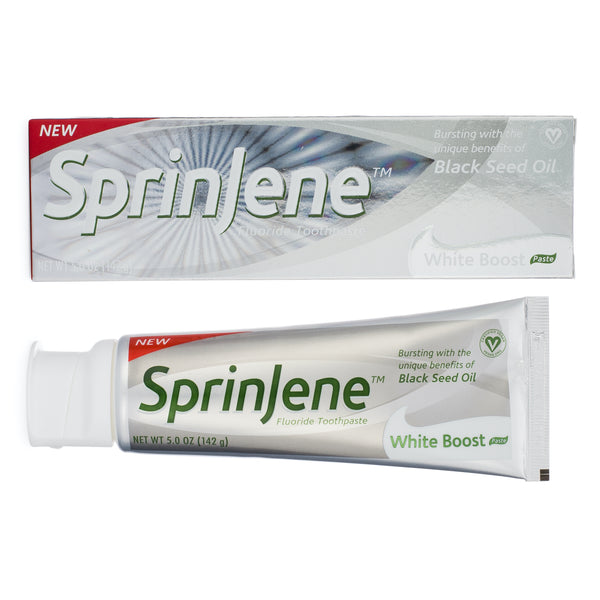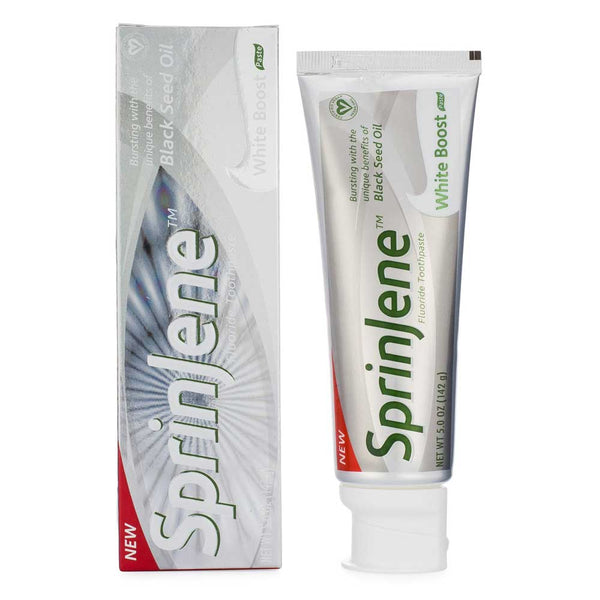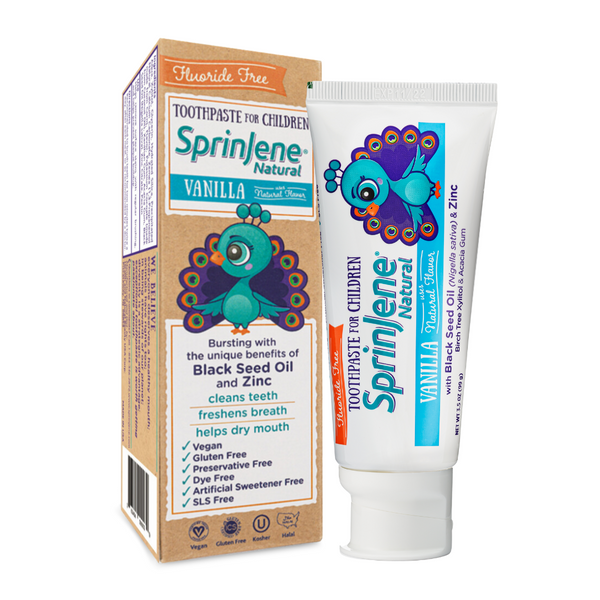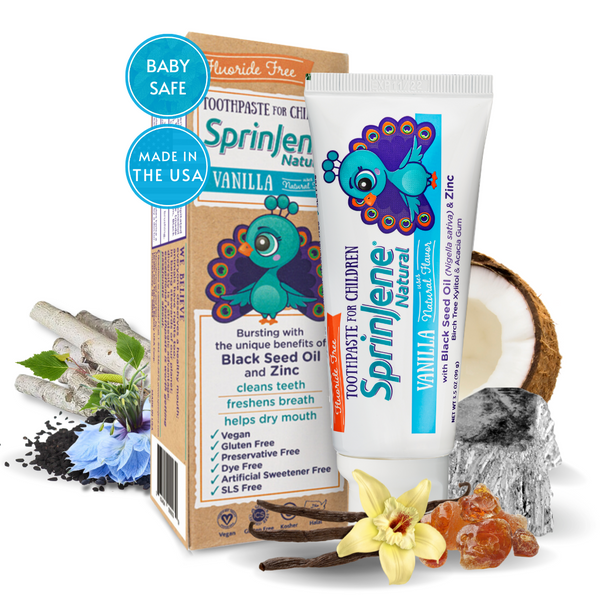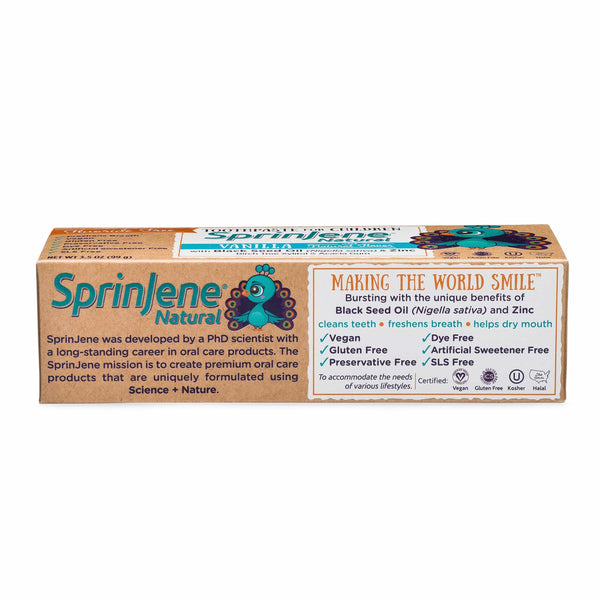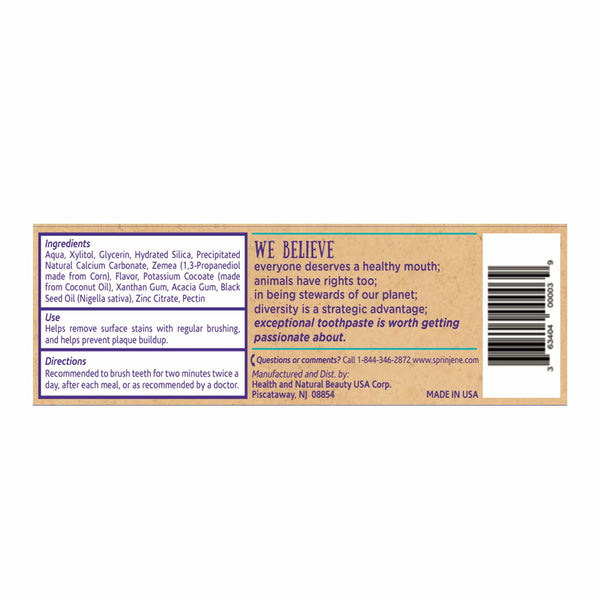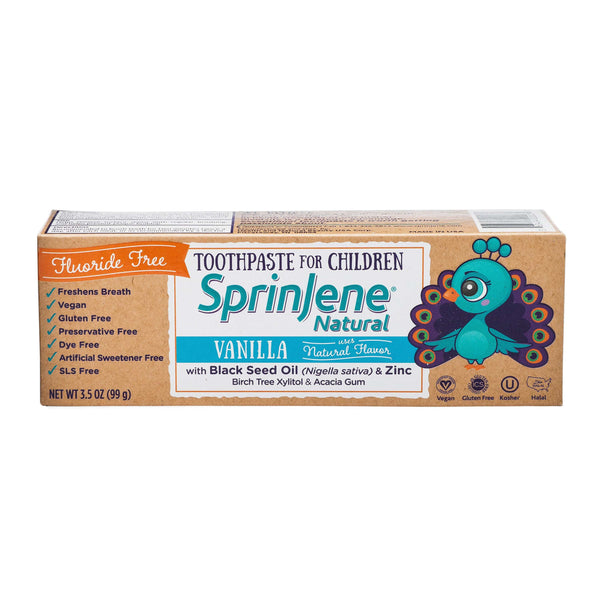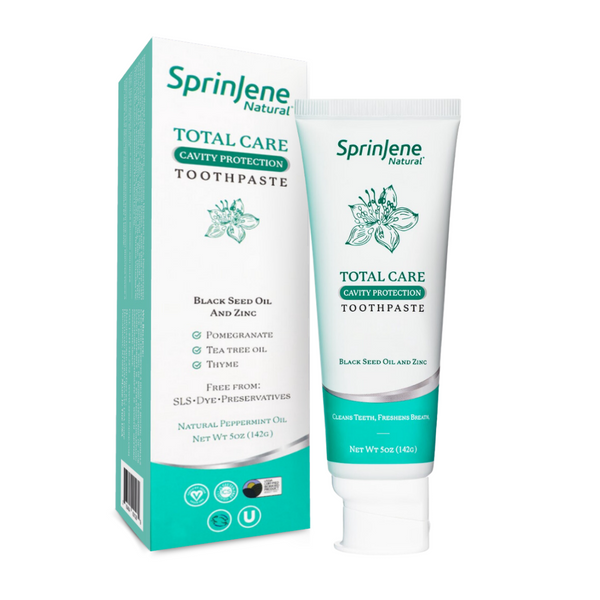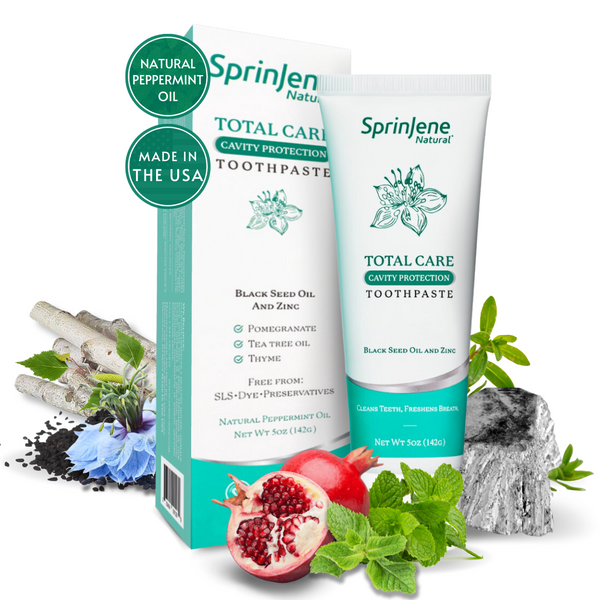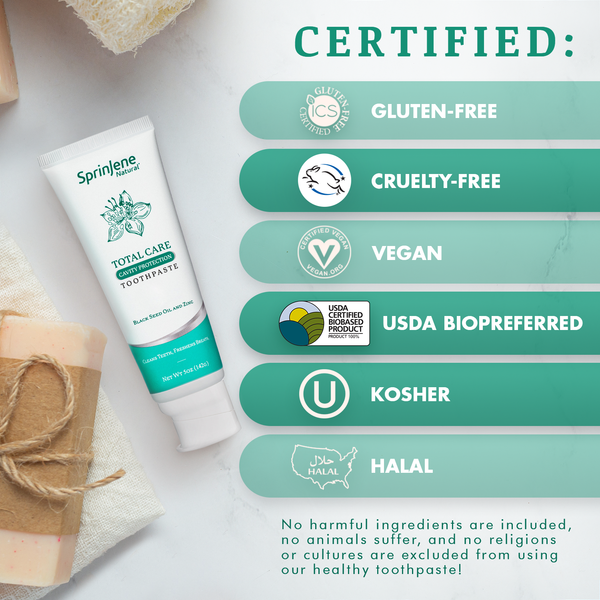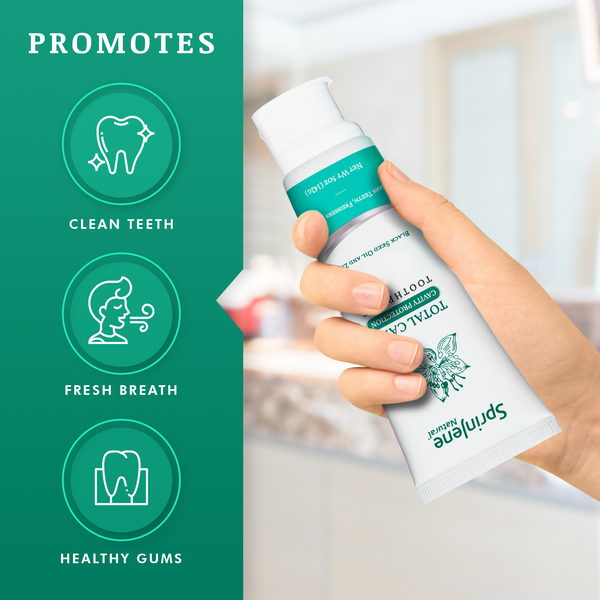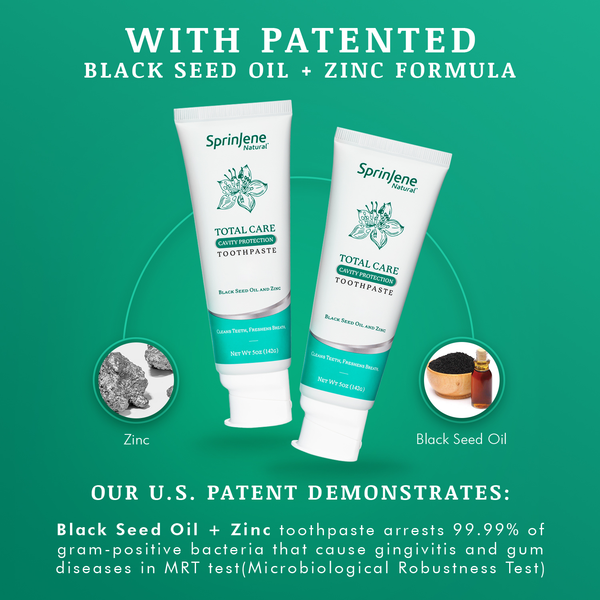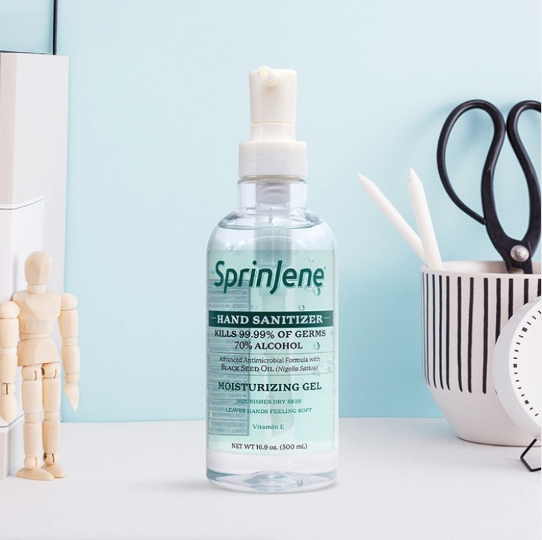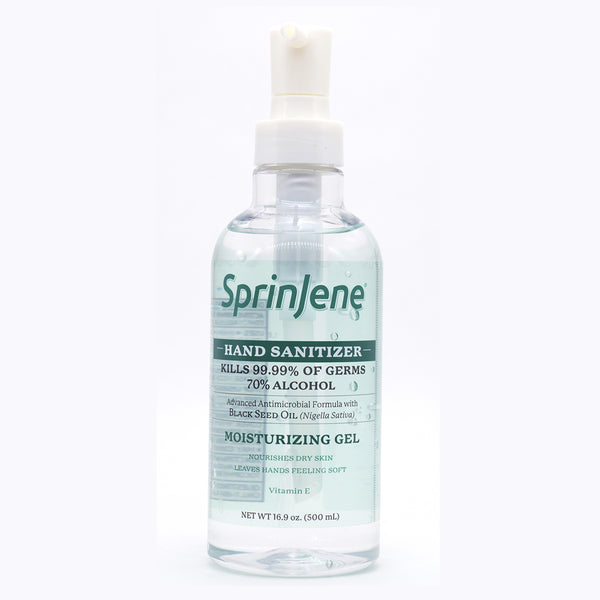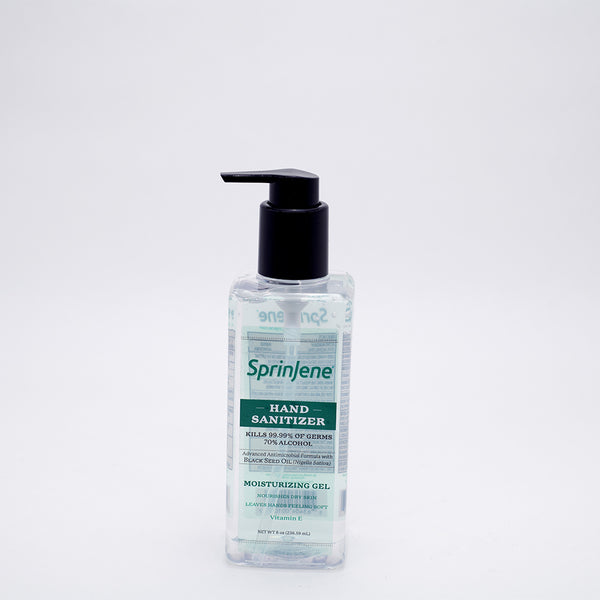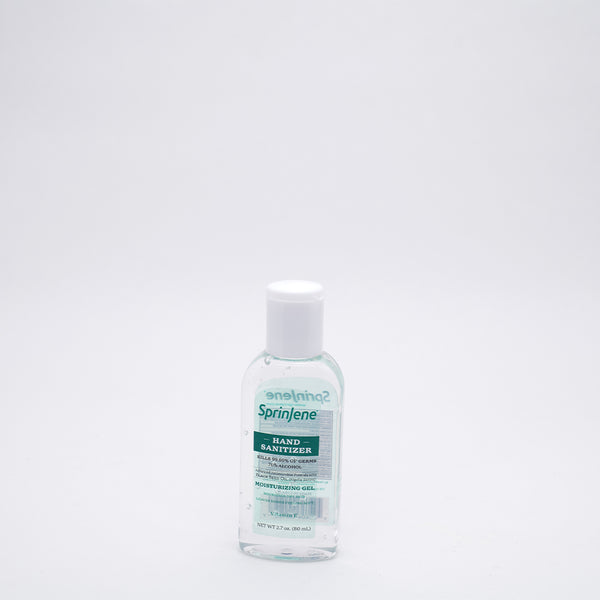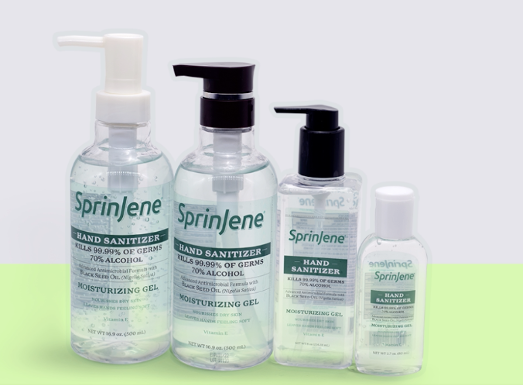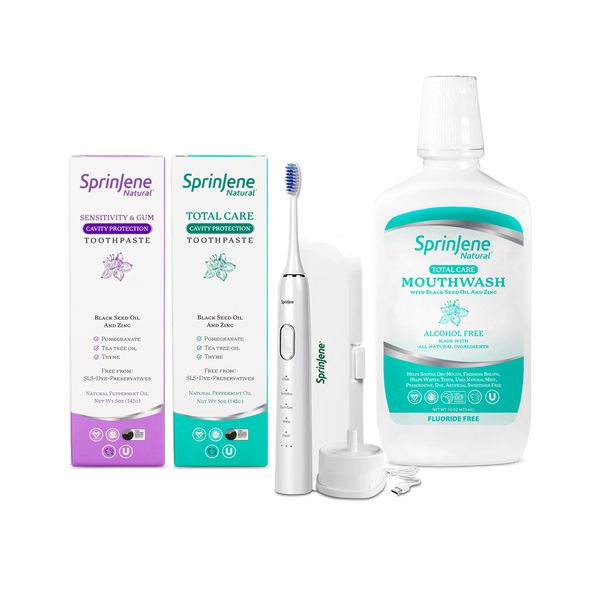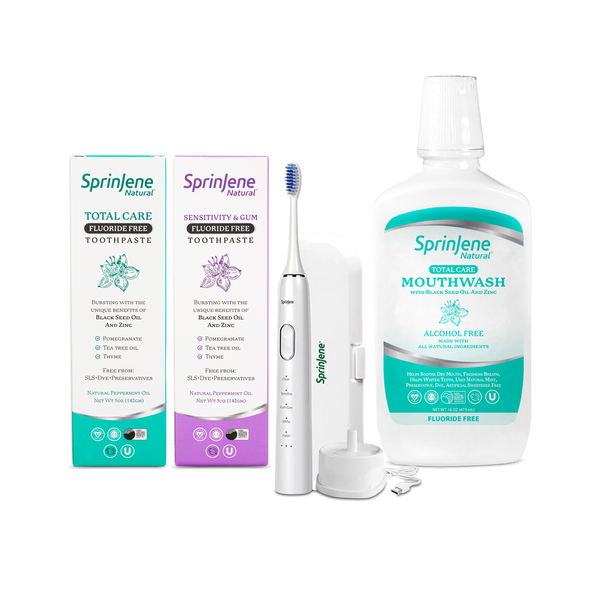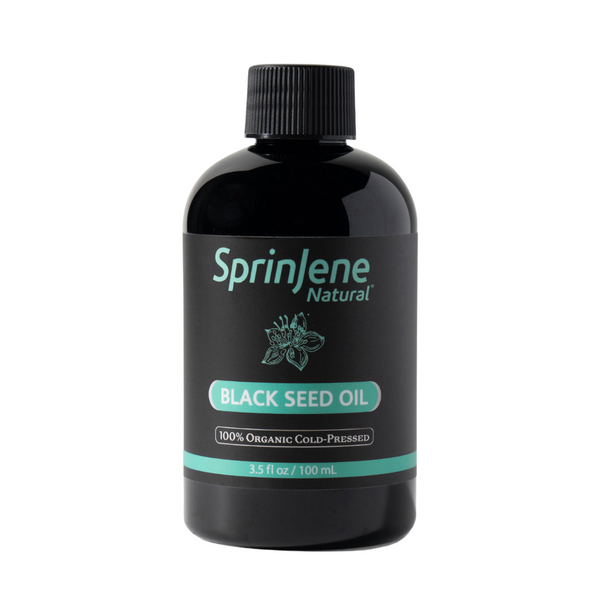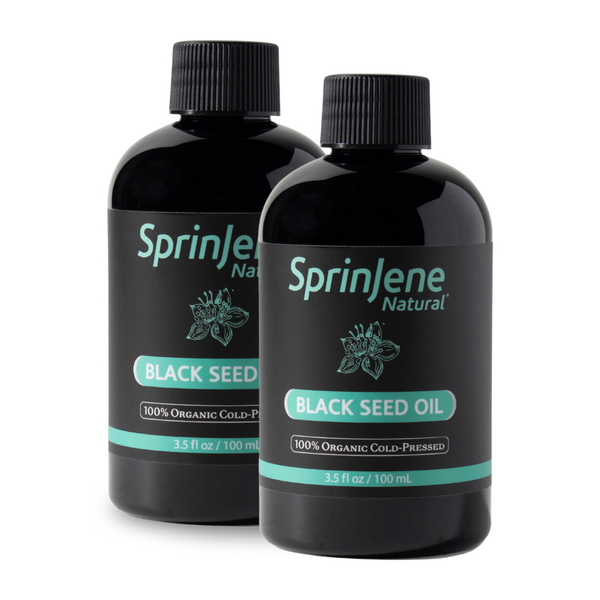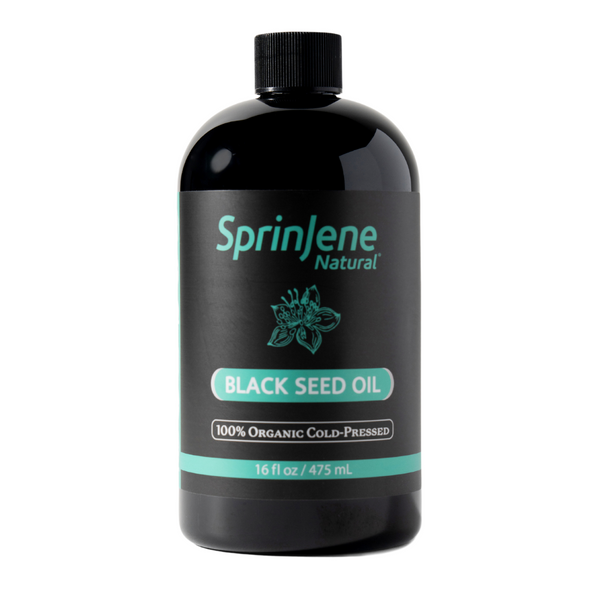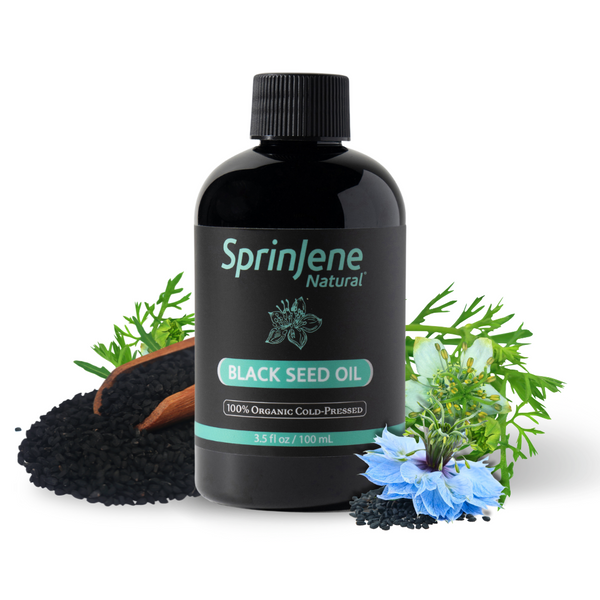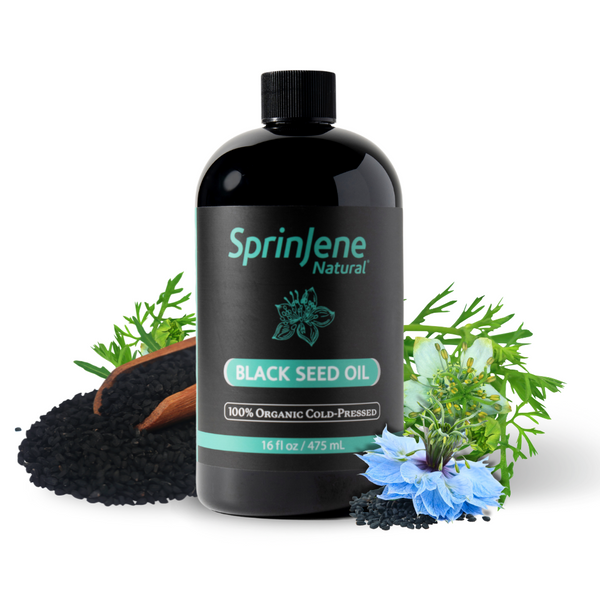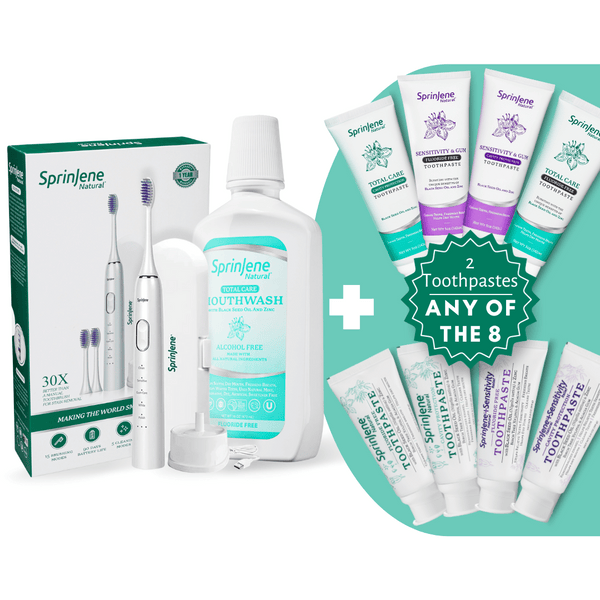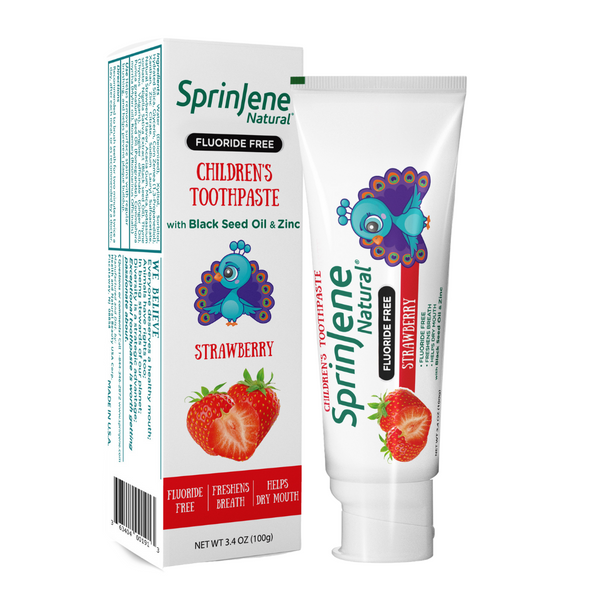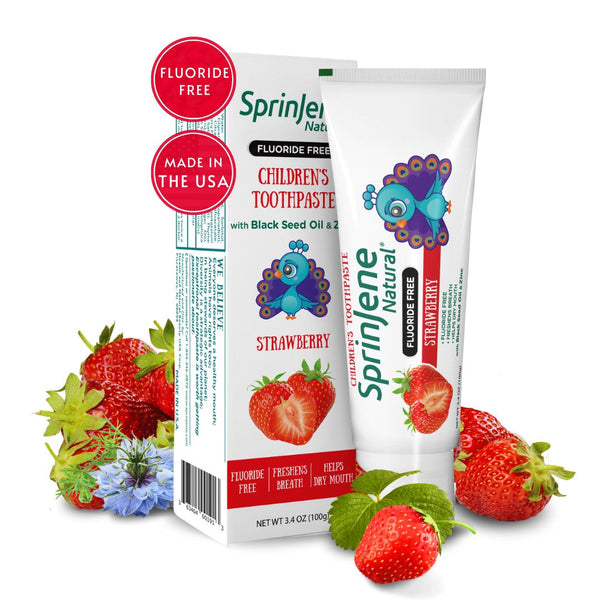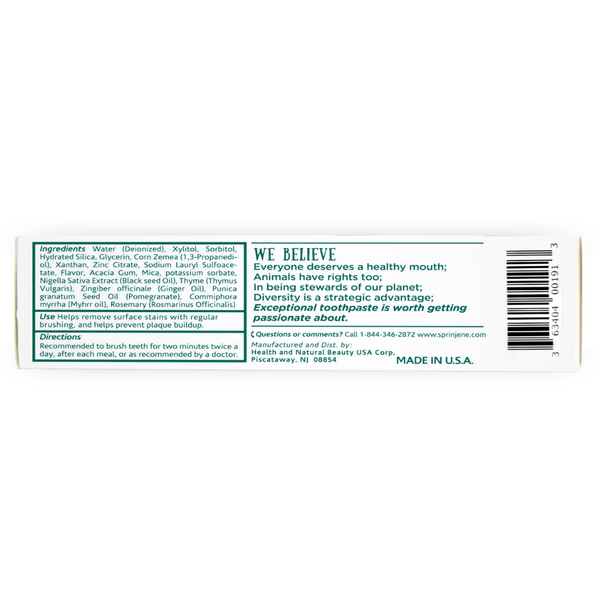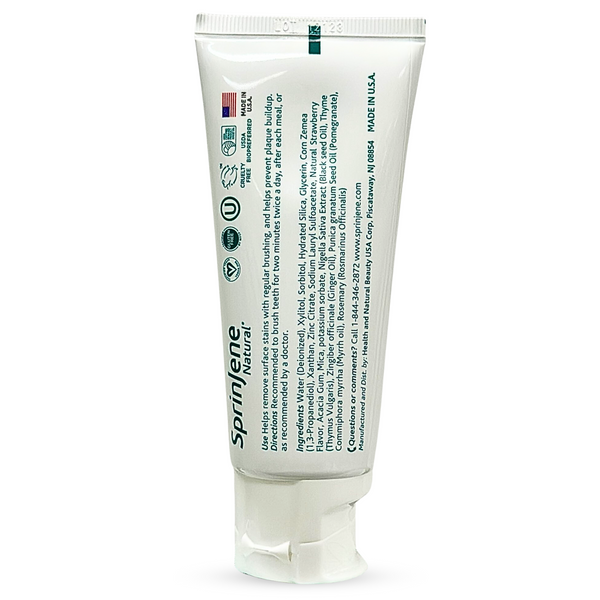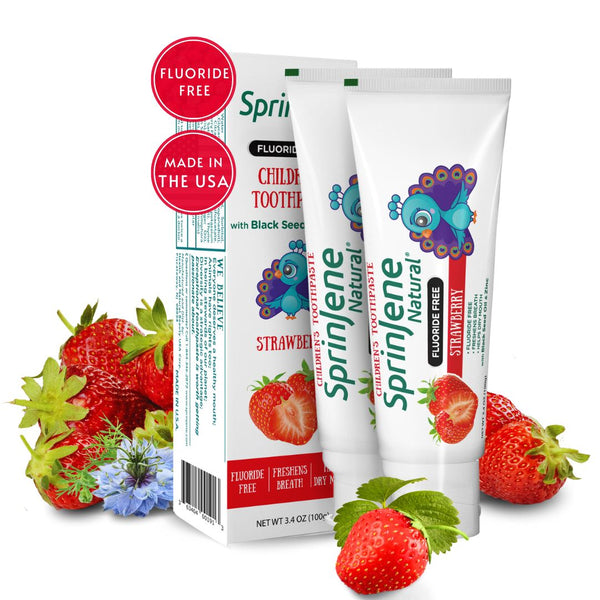
In the oral cavity, zinc is found in saliva, dental plaque and in the outer most layer of the tooth called enamel. It contributes to healthy teeth formation, and is therefore incorporated in mouth rinses and toothpaste due to its important role in the prevention of plaque and dental calculus formation. Zinc also contributes to the reduction of bad breath in the mouth. It has been included in the composition of dental biomaterials, due to its properties for enhancing immunity, as well as its effects on cell division and skeletal development. Clinical trials have demonstrated that zinc ions decrease the rate of enamel demineralization hence strengthening teeth.
Zinc a Natural Ingredient That Fights Bacteria
Interestingly Zinc was established as an essential nutrient in 1961 for humans. A syndrome of anemia, hypogonadism and dwarfism was reported in a 21-year-old Iranian farmer in 1961 who was subsisting on a diet of unrefined flat bread, potatoes, and milk. Soon after that, a similar syndrome was observed in Egyptian adolescents who had similar dietary history to that of the Iranians, mainly subsisting on bread and beans.
The following organ systems have been known to be affected clinically by zinc deficiency such as epidermal, gastrointestinal, central nervous, immune, skeletal, and reproductive systems.
One of the most studied clinical features related to zinc deficiency is the impairment of physical growth and development. This effect is of most significance during the periods of rapid growth such as pregnancy, infancy and puberty during which zinc requirements are highest. It has been concluded according to studies that compared to adults, infants, children, adolescents, pregnant, and lactating women have increased requirements for zinc.
Recurrent aphthous stomatitis is one of the most common oral mucosa diseases that affects approximately 20% of the general population.
Zinc is a potent catalyst of wound healing and zinc deficiency may be a common cause of delayed tissue repair. Use of zinc sulfate in promotion wound healing and preservation of epithelial integrity advocated its possible use in the treatment or prevention of recurrent oral ulcers.
Zinc (technically, zinc citrate and zinc oxide) works as a natural antibacterial agent; it helps prevent the growth of bacteria. But it can’t do this job well on its own. That’s where the black seed oil comes in; it helps the zinc stay in your mouth longer.
Benefits of zinc:
Zinc is essential for health, and it plays a key role in childhood development, the immune system, wound healing, and other functions. It’s necessary for growth, DNA synthesis and normal taste perception. and reproductive health.
Zinc protects the human body from entering of a foreign virus and zinc directly inhibits viral replication.
Zinc may relieve oxidative stress and improve immune response by boosting the activity of T-cells and natural killer cells which help protect your body from infection.
It also helps reduce inflammation and your risk of some age-related diseases It plays a vital role in bringing vitamin A from the liver to the retina in order to produce melanin, a protective pigment in the eyes
It is an essential trace mineral or "helper molecule" It plays a crucial role in keeping your body functioning properly.
It helps slow the progression of age-related macular degeneration and can potentially slow age-related macular degeneration It’s also vital for growth and development and influences taste and smell
Zinc gluconate can be a good option for addressing heart health and high blood pressure
Although zinc plays an important role in immune system function, too much zinc can suppress your immune response.
The Dynamic Duo: Black Seed Oil and Zinc
Working together, zinc and black seed oil do a great job protecting your mouth from the growth of harmful bacteria that cause plaque, tartar, bad breath, and gum disease.
Read more about benefits of black seed
ANTIBACTERIAL PROPERTIES IN TOOTHPASTE
Antibacterial agents in toothpaste are not uncommon. Many oral care products use synthetic antibacterial agents. We at SprinJene wish to use another approach. Some types of bacteria in your mouth are very helpful to you. At SprinJene, we don’t want to kill the good with the bad; we want to promote a healthy microflora balance for your mouth.
So we’ve found a gentler way to make our toothpaste more effective. Zinc is recognized by the FDA as safe and effective at preventing the growth of bacteria. It stops the problem before it starts, and in doing so, promotes a healthy balance for your mouth. The zinc we use is a naturally occurring mineral found in beans, peas nuts, seeds, and also used in supplements.
Natural Synergies
Zinc cannot do this bacteria-fighting job alone because it cannot adhere to your teeth and gums so it stays in your mouth after you spit out your toothpaste. That means the effect lasts no longer than your tooth-brushing session.
While some other companies use synthetic polymers to help actives stay in your mouth, we at SprinJene discovered that black seed oil is perfect for the job. It works synergistically with zinc for the health of your whole mouth.
With both their anti-inflammatory, anti-cariogenic, anti-microbial, analgesic and immune boosting properties combined, it makes them ideal for use in oral formulations such as tooth pastes and mouth wash.
SprinJene natural toothpaste combines both these ingredients in a patented formula suitable for adults and children developed by Dr. Sayed.
Along with its chemical free nature, which safely guarantees zero side effects, SprinJene also takes pride in its certifications which are:
Halal and kosher: Belief that people from all faiths should have access to good oral health care.
Gluten free: For people suffering from celiac disease as well as respecting those who choose a gluten free lifestyle.
Vegan: Ideal for those who choose a vegan lifestyle.
Cruelty free: Neither ingredients nor products have been subject to animal testing.
References
- King JC, Cousins RJ. Zinc. In: Shils ME, Shike M, Ross AC, Caballero B, Cousins RJ, editors. Modern Nutrition in Health and Disease. 10th ed. Baltimore: Lippincott Williams and Wilkins; 2006. pp. 271–85. [Google Scholar]
- Prasad AS, Miale A, Jr, Farid Z, Sandstead HH, Schulert AR. Zinc metabolism in patients with the syndrome of iron deficiency anemia, hepatosplenomegaly, dwarfism, and hypognadism. J Lab Clin Med. 1963;61:537–49. [PubMed] [Google Scholar]
- Sandstead HH, Prasad AS, Schulert AR, Farid Z, Miale A, Jr, Bassilly S, et al. Human zinc deficiency, endocrine manifestations and response to treatment. Am J Clin Nutr. 1967;20:422–42. [PubMed] [Google Scholar]
- Andriollo-Sanchez M, Hininger-Favier I, Meunier N, Toti E, Zaccaria M, Brandolini-Bunlon M, et al. Zinc intake and status in middle-aged and older European subjects: The ZENITH study. Eur J Clin Nutr. 2005;59:S37– [PubMed] [Google Scholar]
- Hambidge KM, Walravens PA. Disorders of mineral metabolism. Clin Gastroenterol. 1982;11:87–117. [PubMed] [Google Scholar]
- Van Wouwe JP. Clinical and laboratory diagnosis of acrodermatitis enteropathica. Eur J Pediatr. 1989;149:2–8. [PubMed] [Google Scholar]
- Hambidge KM. Human zinc deficiency. J Nutr. 2000;130:S1344– [PubMed] [Google Scholar]
- Brown KH, Peerson JM, Rivera J, Allen LH. Effect of supplemental zinc on the growth and serum zinc concentrations of prepubertal children: A meta-analysis of randomized controlled trials. Am J Clin Nutr. 2002;75:1062. [PubMed] [Google Scholar]




